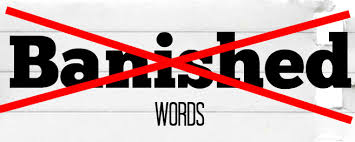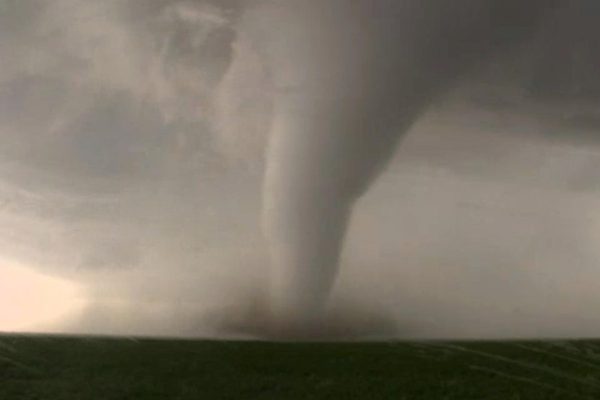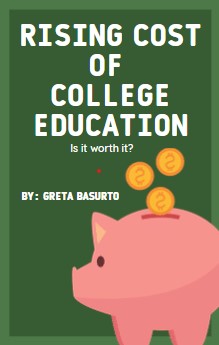Useless, misused and overused phrases just released on the 2017 Banished Word List
The Hillsboro Globe wants to know what words and phrases are on your list. Send us your top 3 and if we put yours on our list, we will have a give away present for you. SEND YOUR THREE CHOICES TO : [email protected] Names will be confidential.

DETROIT — What words, phrases or often used descriptives would make your list of “Banished words and Phrase from the English Language if you had the power to scratch those most irritating to you in 2017? There is such a list and is fun to take a look and those overused, misused, and generally useless words that plague our language.
Northern Michigan’s Lake Superior State University on Sunday released its 43rd annual List of Words Banished from the Queen’s English for Misuse, Overuse and General Uselessness . The tongue-in-cheek, non-binding list of 14 words or phrases comes from thousands of suggestions to the Sault Ste. Marie school.
This year’s list includes the following
“let me ask you this” “tons”
”unpack” “dish”
”impactful” “drill down”
”nothing burger” “Let that sink in”
and the top vote-getter, “fake news.”
The others are “pre-owned,” ”onboarding/offboarding,” ”hot water heater,” ”gig economy” and the Trumpian Twitter typo “covfefe.”
“It wasn’t as focused on politics in a very dirty sense,” he said. “Most of the nominations were well thought through … considering how the year was.”
As evidence, he points to “fake news,” which garnered between 500 and 600 votes. The phrase has been leveled against entirely fabricated reporting, stories that contain errors or inaccuracies, and those with a critical tone. It has even been wielded as a cudgel against entire news networks. It was also found to be the second most annoying word or phrase used by Americans in an annual Marist College poll, behind “whatever.”
“I think a lot of people know fake news when they see it. It can be propaganda, it can be satire,” Shibley said. “It’s used deliberately to paint a certain story or notion as not being true.”
Lake Superior State and Marist have company in tracking and trumpeting mass word usage.
Words that have been in use are also monitored.
“Youthquake,” defined as “a significant cultural, political, or social change arising from the actions or influence of young people,” is Oxford Dictionaries’ word of the year . Oxford lexicographers said there was a fivefold increase in use of the term — coined a half-century ago by then-Vogue editor Diana Vreeland — between 2016 and 2017. The word has been used to describe youth support for Britain’s Labour Party and the election of 30-something leaders in France and New Zealand.
Merriam-Webster’s 2017 word of the year is “feminism.” Lookups increased 70 percent over 2016 on Merriam-Webster.com and spiked several times after key events, such as the Women’s March on Washington in January.





